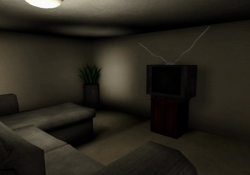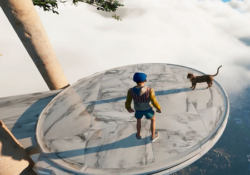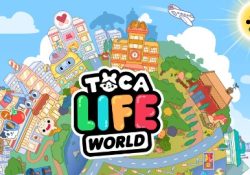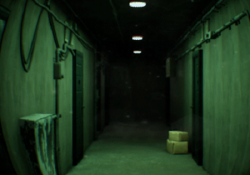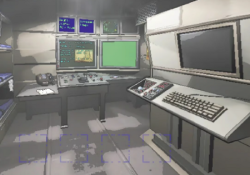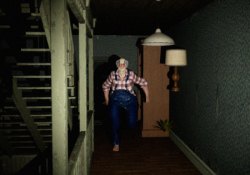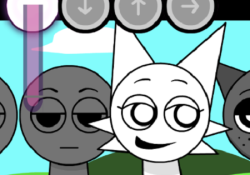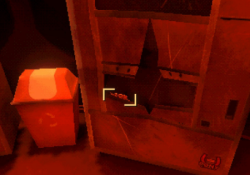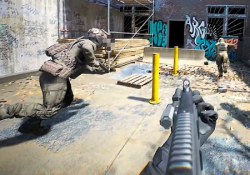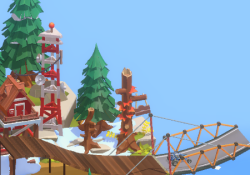14 Days With You opens with an unexpected encounter. The player awakens in an unfamiliar room, greeted not with hostility, but with calm conversation. The person in front of you claims to know you, even though you have no memory of them. There is no clear escape and no visible restraints, only the slow realization that you’re not free to leave. What follows is not a chase or a puzzle, but a psychological exchange that unfolds over the course of two in-game weeks. Every choice, silence, or shift in tone carries weight, influencing how the story evolves.
Time Passes, Intentions Shift
Each day in 14 Days With You presents new dialogue, new questions, and small but important interactions. The structure mimics a visual novel but with branching paths that feel natural rather than forced. You’re encouraged to listen as much as speak, and the person keeping you there never follows a predictable pattern. Sometimes, they are kind. Other times, distant. They seem to be waiting for something — maybe trust, maybe control. You are never told outright. Instead, you are left to interpret their behavior and decide how to respond, or whether to respond at all.
Core elements in 14 Days With You:
- Dialogue-based gameplay focused on psychological tension
- No combat or timed actions, only branching narrative
- Subtle changes in tone and atmosphere based on player choices
- Daily interactions with evolving emotional complexity
- Multiple endings determined by trust, fear, or refusal
- Minimalist environment that reflects the shifting dynamic
Choices Without Clear Outcomes
What makes 14 Days With You stand out is its refusal to categorize your experience as good or bad. There are no clear right answers, and the game does not tell you how you should feel. One day might feel hopeful, the next unnerving. The character who holds you here never reveals everything, but never completely hides their thoughts either. You begin to question your own role — whether you are a guest, a prisoner, or something more complicated. This slow-burning tension creates a space where attention to detail becomes the main tool of survival.
As the 14 days come to a close, the consequences of your choices begin to settle in. There are multiple conclusions, but none of them offer total resolution. Each ending feels like a reflection of how you handled the time together — whether through connection, resistance, or silence. 14 Days With You is not about escape or control; it is about presence.




